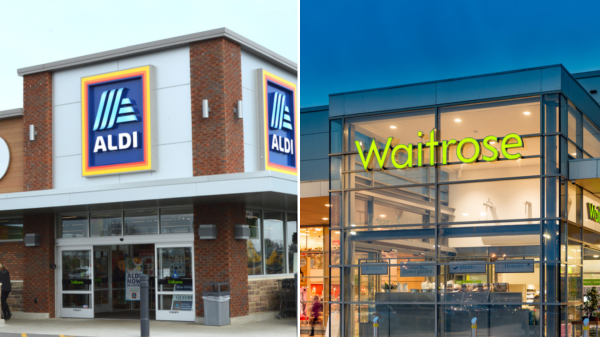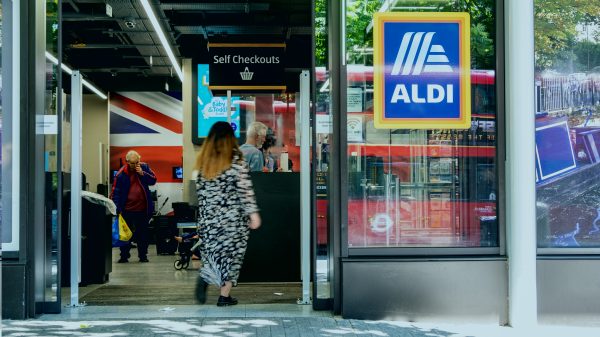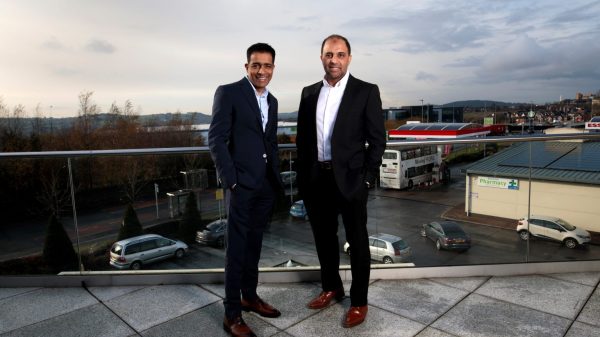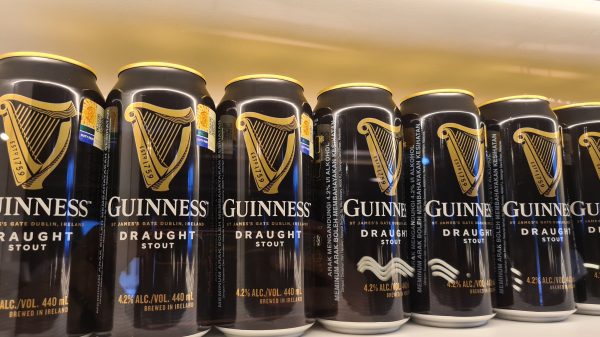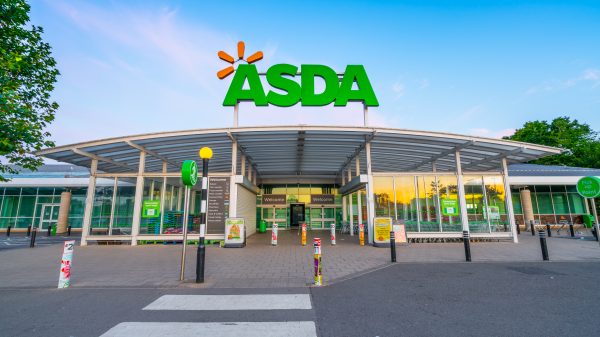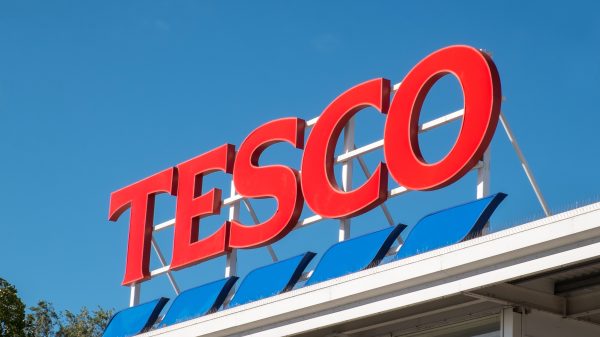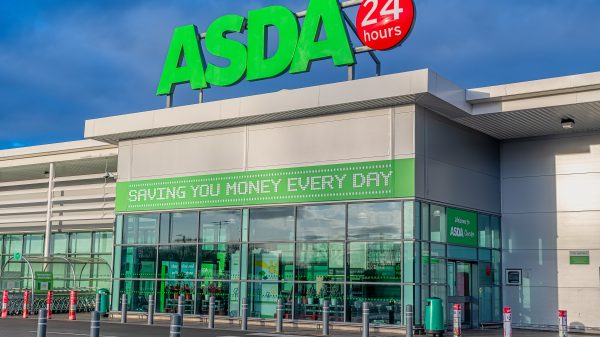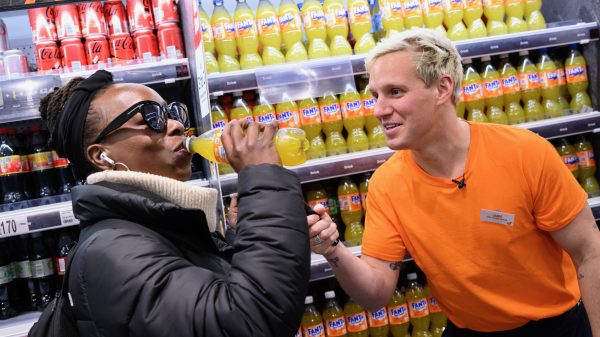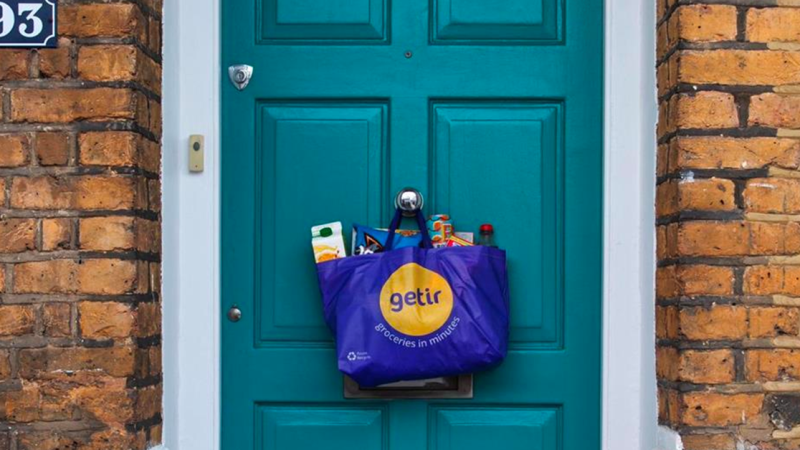Tesco has become one of the first retailers to have its latest net-zero commitments validated by the Science Based Targets Initiative (SBTi), the official global body that verifies climate targets.
The UK’s largest retailer has outlined its ‘ambitious’ plan for emissions reduction across its own operations and value chain, including a focus on greenhouse gas emissions originating from ‘forests, land and agriculture’ (FLAG).
To meet the targets, Tesco will work towards its commitment to become carbon neutral across its own operations by 2035, and value chain by 2050, in line with the Paris Agreement’s aim of limiting global temperature rise to 1.5C.
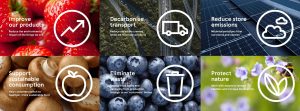
Tesco recently set out its emissions reduction priorities through its Planet agenda, with six main areas of focus: to improve products, decarbonise transport, reduce store emissions, support sustainable consumption, eliminate waste, and protect nature.
The supermarket has been at the forefront of tackling climate change, becoming the first business globally to set a net zero target in 2009. In 2017, it became the first FTSE 100 company to set science-based targets for both its own operations and its supply chain.
Some of its achievements so far include adopting 100% renewable electricity, decarbonising its home delivery fleet and rolling out the UK’s first commercial electric HGVs in 2021.
Tesco had also swapped out its traditional tray wrap packs of fresh mince for new ‘pillow packs’ that use 70% less plastic.
Subscribe to Grocery Gazette for free
Sign up here to get the latest grocery and food news each morning
Tesco group chief executive, Ken Murphy, said: “With the effects of climate change now upon us, we’re absolutely committed to achieving our target of net zero by 2050.
“It will require us to transform the way we run our business, from how we produce our products in partnership with our suppliers, how we run our stores and transport network, and how we encourage our customers to make healthy and sustainable choices.”
The retailer also revealed that it is set to stop selling six-pint own-brand bottles of milk in a bid to further reduce its plastic waste.

